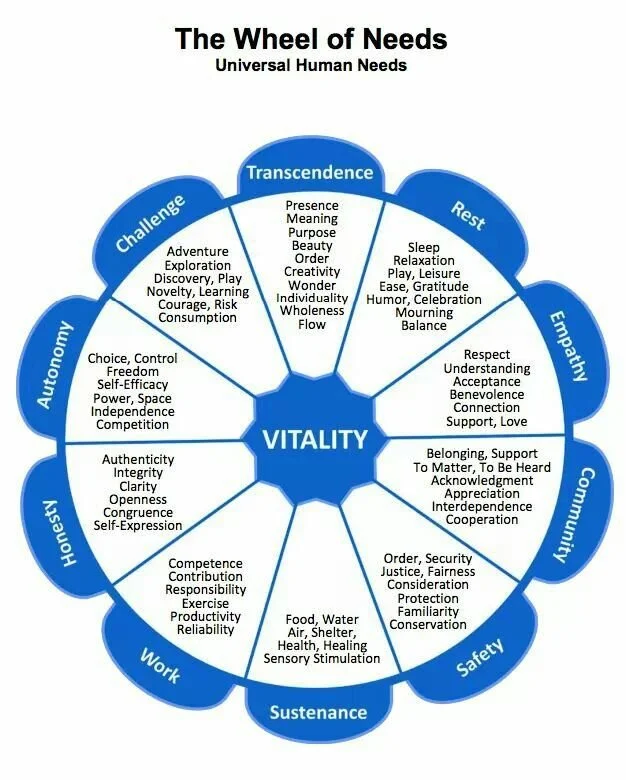Are You Solving the Wrong Problem in Your Relationship?
Have you ever wondered why nearly 40% of marriages end in divorce? It's a shocking statistic, especially when you consider how capable most of us are at solving problems in other areas of our lives - at work, with our children, in our communities. So what makes our intimate relationships different?
Through my work with clients and countless conversations about relationships, I've noticed a common pattern that often leads couples down the path to separation: we tend to focus on what our partner is doing wrong rather than understanding how their actions impact us emotionally.
Think about it - when was the last time you responded positively to someone telling you what you needed to change? That natural defensiveness we all feel when criticized is exactly what derails many attempts at solving relationship problems.
Here's the real issue: People often leave marriages not because their problems are impossible to solve, but because they haven't clearly identified what the actual problem is. They know something isn't working, and since the discomfort seems connected to the relationship, they conclude the relationship itself must be the problem.
But there's a better way.
Instead of focusing on your partner's actions, try turning your attention inward. Ask yourself:
What emotions are coming up for me in this situation?
How are these emotions impacting my daily life?
What needs and desires do I have that aren't being met?
When you can clearly communicate how a situation impacts you, rather than pointing fingers at what your partner is doing wrong, you invite them into a conversation about making things better. This approach bypasses defensiveness and opens the door to real solutions.
Ready to start identifying what's really not working in your relationship? Below you’ll find a copy of a powerful tool called The Wheel of Universal Human Needs that can help you to get crystal clear about what’s not working for you in a given relationship or situation.
Whether you're working on your marriage, separated, or navigating divorce, this tool can help you to approach conversations in a way that fosters collaboration and growth, instead of provoking defensiveness and escalating tension.

